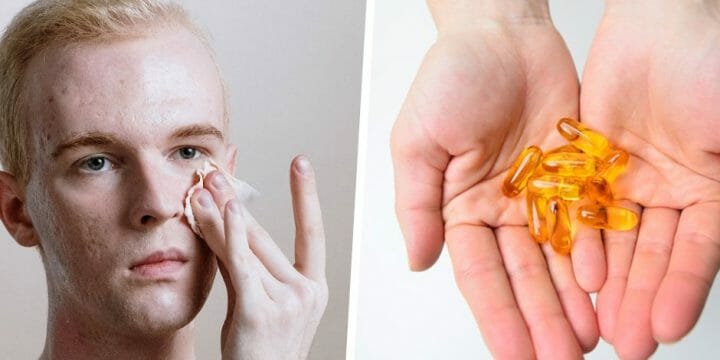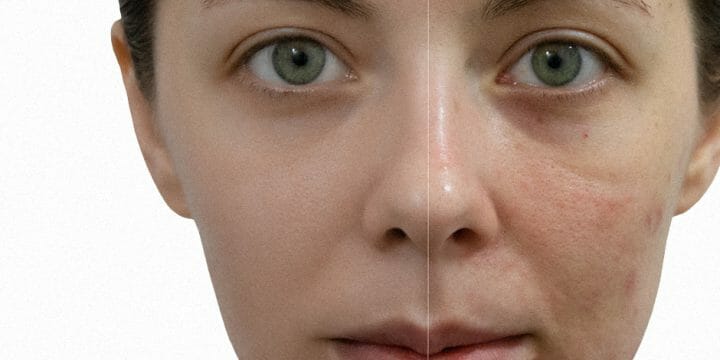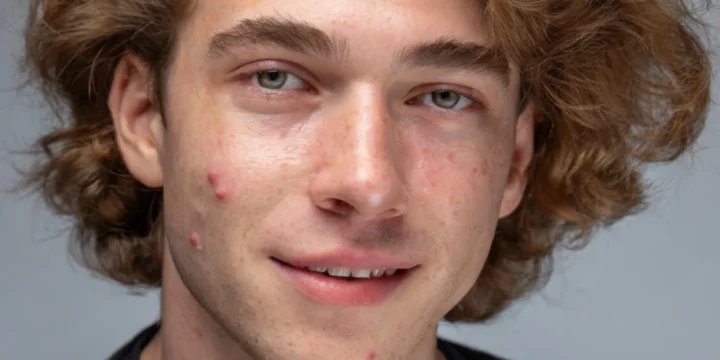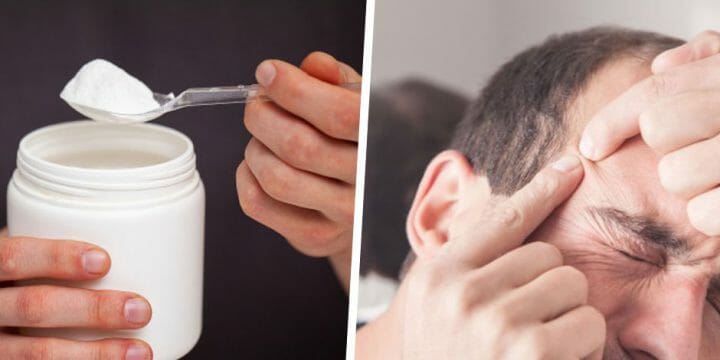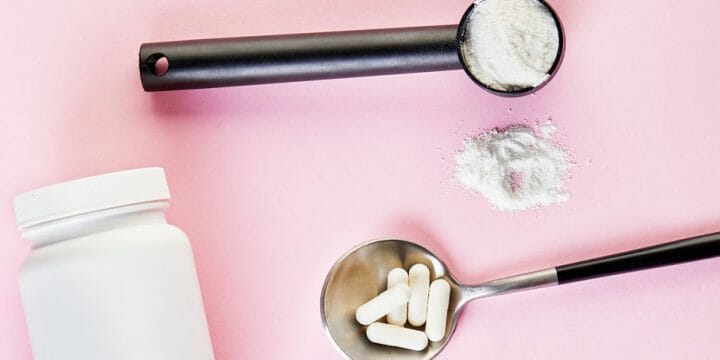Testosterone replacement therapy (TRT) is a sought-after option for many of my clients dealing with low testosterone symptoms.
However, they often worry about the side effect of acne development. To enhance their understanding, I dedicated three days to researching scientific evidence and consulted doctors specializing in hormone therapy and dermatology.
I've summarized all my findings in this article to provide a detailed guide on the causes and management of acne during TRT.
Quick Summary
- Testosterone Replacement Therapy (TRT) can potentially lead to an increase in sebum production, contributing to acne in some individuals.
- The duration of acne triggered by testosterone therapy varies among individuals.
- Testosterone therapy can cause mild acne as a side effect, peaking in the first 6 to 12 months.
- As a fitness trainer, I advise clients to opt for natural supplements to enhance testosterone levels and adhere to a well-balanced diet along with regular exercise.
Does Testosterone Therapy Cause Severe Acne?

Yes, testosterone therapy can cause severe acne in some men, with its impact varying.
Research from the National Institute of Health indicates a direct link between testosterone levels and acne severity, including sebum production, which accumulates in pores [1].
As a fitness coach, I recommend proactive measures for signs of oily skin, urging clients to promptly inform their doctors and incorporate preventive steps into their daily routines.
“Sebum is a type of natural skin oil that’s produced by your body’s sebaceous glands.”
- Mary Lucas, RN, MD.
Is it Different from Normal Acne?
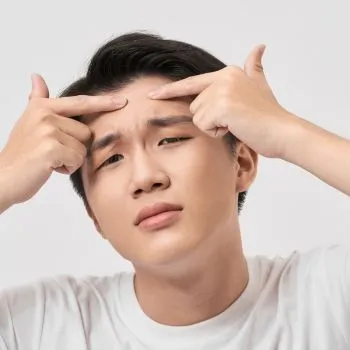
Testosterone acne isn't significantly different from typical acne, especially during adolescence.
While multiple factors contribute to "normal" acne, there's a subtle distinction in its development with TRT, according to National Institute of Health [2].
When men begin Testosterone Replacement Therapy (TRT) and develop acne, their doctors typically confirm its direct association with the treatment and may aid by adjusting dosage or exploring alternative TRT forms.
For example, my cousin Henry underwent TRT for years, experiencing early-onset acne. Adjusting the dosage provided some control, and eventually, he switched to a topical gel.
How Long Does Acne From Testosterone Last?
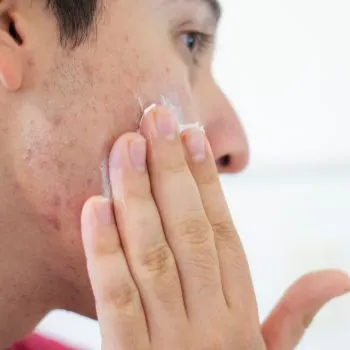
Acne from testosterone may persist throughout the entire period of the treatment, but the duration varies from person to person.
This variability is influenced by the diverse chemistry of individuals' skin. In some cases, acne may occur sporadically, resulting in breakouts every few months.
According to research published by the National Institute of Health, if your hair follicles are more susceptible to overactive sebaceous glands, it is more likely that they will flare up each time your hormone levels change [3].
How to Get Rid of Acne from TRT
Getting rid of acne from TRT can be challenging, but there are several treatment options available. As part of my research, I obtained tips from a dermatologist that he provides to patients undergoing testosterone therapy.
Related Posts:
Over-The-Counter Acne Treatments

Several proven options exist for treating acne without the need for prescription medication. It comes down to finding a face and body wash that suits your skin type and effectively addresses dead skin cells and excess sebum.
Here are some options.
Benzoyl Peroxide
Benzoyl peroxide is among the initial recommendations by doctors, and a study from Science Direct has demonstrated its effectiveness in addressing clogged pores. While it may not yield immediate results, you should observe improvements after a month or two [4].
Salicylic Acid
A study from PubMed suggests that salicylic acid, found in various skincare products, can be an effective method for enhancing skin health. Inquire at your local pharmacy about a face and body wash containing salicylic acid and observe how your skin responds [5].
“Many of your sebaceous glands are concentrated around hair follicles. Sometimes, these follicles can become blocked with sebum, dead skin cells, and other particles. When this blockage becomes inflamed, you get the elevated bumps that are commonly referred to as acne.”
- Cynthia Cobb, DNP, APRN
Prescription Medication

If over-the-counter topical treatments prove ineffective, it's time to consult your doctor. Most potent prescription treatments directly target skin pores and dead skin cells, addressing the root cause.
Here are some common options.
Isotretinoin
According to the National Institute of Health, doctors have been prescribing isotretinoin for many years, and studies have shown its effectiveness as an acne treatment [6].
Spironolactone
Research from the American Academy of Dermatology Association suggests that anti-androgen medications like spironolactone are typically prescribed for women with hormone imbalances to regulate androgen receptors [7].
Topical Antibiotics
These are often not preferred as they are not typically suitable for long-term use. While they don't address the core issue of eliminating dead skin cells and sebum that trigger acne, they may aid in reducing infections.
Retinoid
This is one of the most recent acne treatments, and Trifarotene is currently the only available topical retinoid. According to the National Institute of Health, it has shown powerful effects on severe cases of acne [8].
Tips for Managing Testosterone Acne

During my research, I also got some feedback on ways to prevent acne while going through testosterone replacement therapy.
Discuss Your Symptoms With a Doctor
Before starting treatment, share your acne history with your doctor, detailing its severity, duration, and previous treatments.
When using testosterone injections or gels, monitor your skin for early signs of change. If you observe redness, inform your doctor promptly.
If a breakout occurs, discuss its severity with your doctor and explore treatment options mentioned above.
Consider Adjusting the Dosage
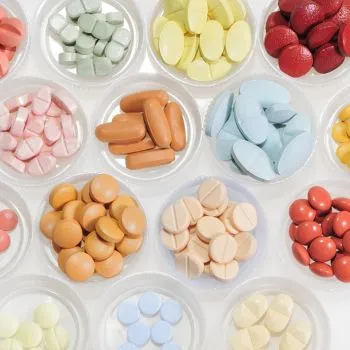
Research from the National Institute of Health suggests that testosterone can increase sebum production and exacerbate acne [9].
One way to attempt control is by adjusting your dosage. For some men, taking more regular but smaller doses may help reduce sudden spikes.
However, it's crucial to consult your doctor before making any dosage adjustments. Doing so without medical input could potentially have other health impacts.
Use a Trusted Clinic to Support Your Treatment
Acne is a common side effect of TRT, but there are ways to manage and minimize its impact with the support of experienced doctors.
Our team spent months researching and testing various online TRT clinics to identify those providing comprehensive and effective services.
These are licensed clinics that have earned the trust of thousands of patients, including members of our team and clients.
FAQs
Does Too High Testosterone Cause Acne?
Yes, too high testosterone can cause acne. It doesn’t just affect men who suffered from acne as teenagers. Sudden and significant changes in hormone levels can cause your skin to produce more oil and your pores to clog up.
What Does Acne From Testosterone Look Like?
Acne from testosterone often looks like red inflammation and can include both blackheads and whiteheads. In severe cases, it can result in pustules and cysts that may become very sore.
Will Stopping Testosterone Replacement Therapy Stop Acne?
Yes, stopping testosterone replacement therapy could stop acne. If you didn't have any acne symptoms before starting treatment, then it’s likely to stop. But you should also talk to your doctor about changing the dosage to see if you can control breakouts.
Does TRT Cause Oily Skin?
Yes, TRT can cause oily skin. Testosterone has been linked to triggering skin responses that increase sebum production. And if your skin's pores can’t remove the excess, then it can build up and get infected.
Do Steroids Help With Acne?
No, steroids don't help with acne. In fact, there have been many studies and detailed case assessments showing that regular use of steroids can cause severe and ulcerated acne.
References:
- https://www.ncbi.nlm.nih.gov/pmc/articles/PMC6408631/
- https://www.niams.nih.gov/health-topics/acne
- https://www.ncbi.nlm.nih.gov/books/NBK499819/
- https://www.sciencedirect.com/topics/pharmacology-toxicology-and-pharmaceutical-science/benzoyl-peroxide
- https://pubmed.ncbi.nlm.nih.gov/33070577/
- https://www.ncbi.nlm.nih.gov/pmc/articles/PMC2835909/
- https://identity.aad.org/?returnUrl=https://www.aad.org/dw/dw-insights-and-inquiries/2020-archive/july/spironolactone
- https://www.ncbi.nlm.nih.gov/pmc/articles/PMC91h66940/
- https://www.ncbi.nlm.nih.gov/pmc/articles/PMC3051853/
About The Author
You May Also Like
